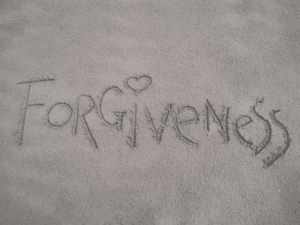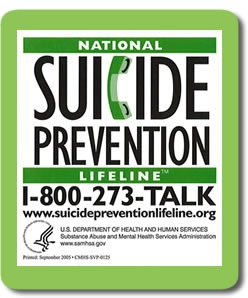
You can find instructions for how to make a Scream Box and how to use it at Hope 4 Hurting Kids.
Continue reading

You can find instructions for how to make a Scream Box and how to use it at Hope 4 Hurting Kids.
Continue reading

Should I Forgive My Parents for What They Have Done?
In this article, we will look at some specific things to keep in mind and steps you can take to forgive even when it’s hard.

You can find an updated copy of this article on Hope 4 Hurting Kids using this link.

But, what if that person your Mom or Dad is still with is the person that caused the break up of your parents in the first place. Maybe the guy your Mom is with is the guy she cheated on your Dad with. Maybe your Dad’s new girlfriend is the woman he left your mom for in the first place. Maybe both of your parents are dating (or remarried to) the person they left your other parent for. How do you deal with that?
Let’s start by acknowledging the pain and the hurt that this situation causes. When your parents split up, it hurts! When you’re left to pick up the pieces and trying to figure out how to move on with life, it causes pain, confusion, stress and so much more. The loss of your family (as you knew it) hurts, and it is a loss that must be grieved.
When one (or both) of your parents cheats on the other and then leaves to be with the person they cheated with, the hurt and the pain can be that much worse. It is natural to feel betrayed, angry, confused or even abandoned. And, when your parent has a new person in their life, it oftentimes feels like they’re spending all of their time with that person and ignoring you when you need them the most. When that person is the one who “caused” the split, that feeling of being ignored or abandoned is even more intense. On top of all that, many times your parent will expect or pressure you to accept the new person in their life when that is the last thing on earth you want to do! So, what can you do about all that and how do you handle the situation? Here are a couple of suggestions:

You can find an updated copy of this article on Hope 4 Hurting Kids using this link.
I Am A Child of Divorce is a proud part of Hope 4 Hurting Kids and we’ve decided to move this article to that page as we continue to build a repository of resources for children of divorce and children and teens who have experienced a variety of other traumatic events in their lives. We hope that you will check it out there!
You can find an updated copy of this article on Hope 4 Hurting Kids using this link.

You can find an updated copy of this article on Hope 4 Hurting Kids using this link.

If you are thinking about suicide, please take the following steps:
Emotion wheels can be great tools for helping you to figure out what your feeling, introduce you to new emotions and help you to figure out what emotions might be underlying why you’re feeling.
This first wheel was created by Dr. Gloria Wilcox who is a licensed Marriage and Family Therapist in St Petersburg, Florida. It is a great tool for identifying emotions you might be feeling following the dissolution of your parents’ relationship. Emotions are grouped into six broad categories including Sad, Mad, Scared, Peaceful, Joyful and Powerful.
This second wheel is not quite as colorful but includes even more emotion words to broaden your emotion vocabulary. We found it originally on http://makalaonlife.tumblr.com.

You can find an updated copy of this article on Hope 4 Hurting Kids using this link.
